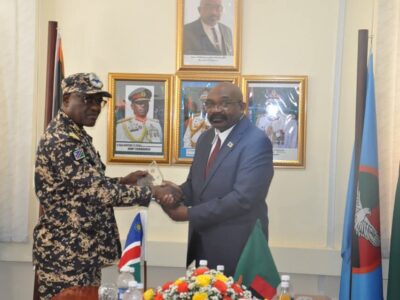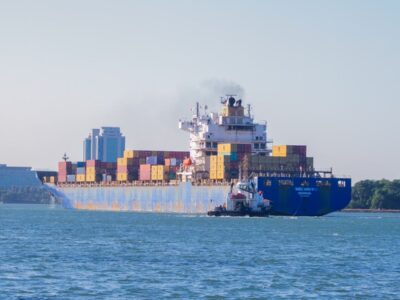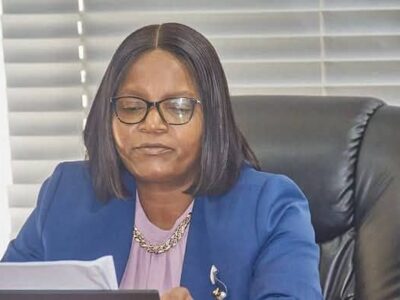Government, working with World Wide Fund for Nature (WWF) Zambia, has embarked on a programme to use Nature Based Solutions (NBS) to restore the Lukanga Swamps in Central Province.
WWF staff, Bowen Banda, said the project rationale was to ensure security of energy and water supply in Lusaka and Kafue towns by ensuring restoration of Lukanga Swamps as a major water sponge.
Read more:Lukanga swamps under threat as weeds cover 60% of water body, says Green Economy Minister
This came to light when Banda presented a paper on Nature Based Solutions (NBS) that traditional leaders can promote to enhance Carbon Sequestration at the just ended ‘2nd Traditional Leaders Caucus’ in Lusaka.
He said Lukanga Swamps were degraded, thereby failing to absorb enough water as a sponge on behalf of the Kafue River which feeds into Itezhi Tezhi, which in turn also feeds into the Kafue Flats and subsequently into the Hydro Power in Kafue Gorge.
“Climate Change and high population has come with biodiversity degradation of which the solution is to go back to the roots to use nature to address these problems by restoring biodiversity and ecosystem services for the benefit of the communities,” he said.
Banda said while restoring the Lukanga Swamps by growing trees around it and promoting efficient energy use prevent people from degrading the area, government and his organization were also doing Disaster Risk Reduction (DRR).
He said his group was working with local authorities that surround Lukanga such as Ngabwe, Chibombo, Mumbwa, among others, so that they embed restoration into their plans.
“We will do the Development of Natural Resource Management Plan including Restoration and Protection Interventions, Spatial Planning, Zoning, Development of Sustainable Livelihoods, and thereafter do a business case,” he said.
The Caucus was held under the theme, “Strengthening Traditional Leader’s Role in Carbon Financing for Sustainable Development in Zambia”.
WARNING! All rights reserved. This material, and other digital content on this website, may not be reproduced, published, broadcast, rewritten or redistributed in whole or in part without prior express permission from ZAMBIA MONITOR.












Comments